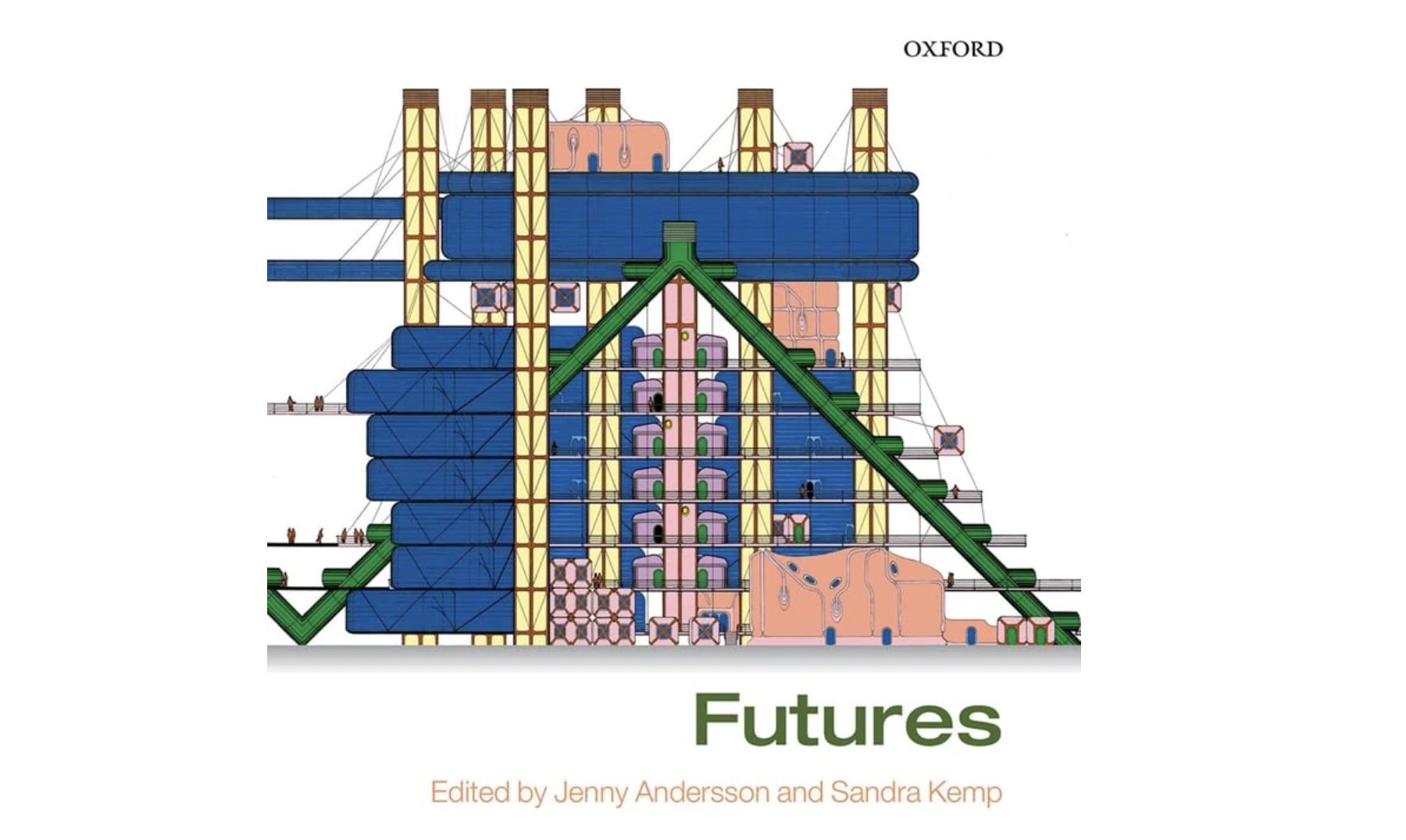Futures Studies: An Evolving Radical Epistemology (OUP, 2021)

Abstract:
This chapter examines and critiques the changing socio-political implications that accompany the shift from the concept of a singular future to the pluralization of futures.From the 1960s onwards, the emergence of multiple futures enabled larger sections of society to envision and create ‘alternative futures’ to the status quo. In this chapter Gidley brings to bear the democratizing effect of multiple possible futures upon the evolution of theory and practice across academic disciplines. In particular, she illuminates how the theory and practice of futures studies as paralleled developments in the evolution of science and the social sciences, to incorporate critical futures, cultural futures, participatory futures, and integral futures. She concludes with reflections about how the field of futures studies will continue to evolve so that it can diversely represent the future conceptualizations and actions of scholars, practitioners, and researchers globally.

The way that the scholarship of futures studies has evolved is entwined with the history of ideas in the second half of the twentieth century. Many futurists over the years came to the realization that attempting to predict the future, based on scientific positivism, was not the most productive way to approach futures studies in our complex world.
Read more here: